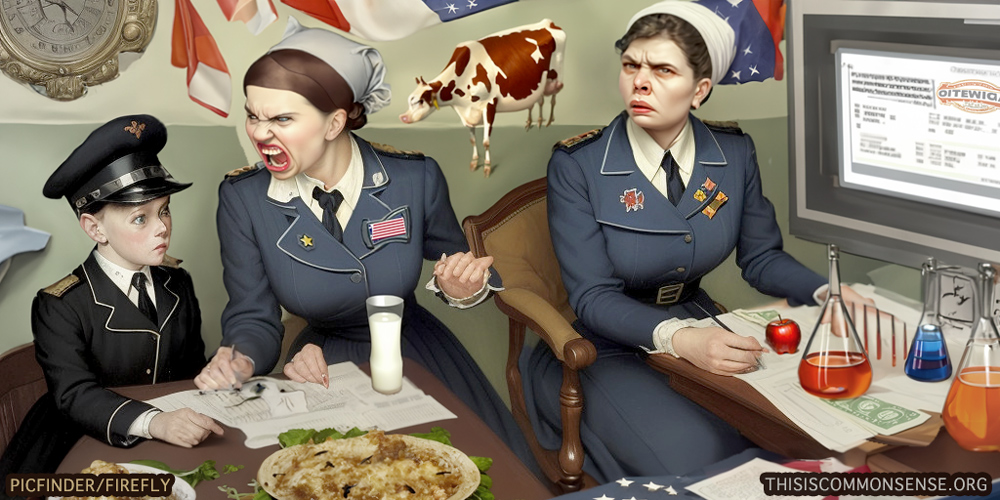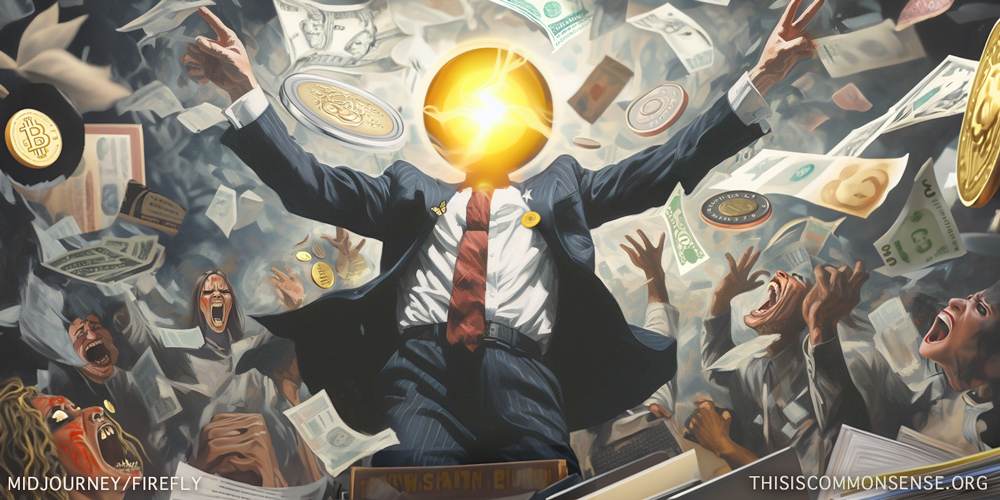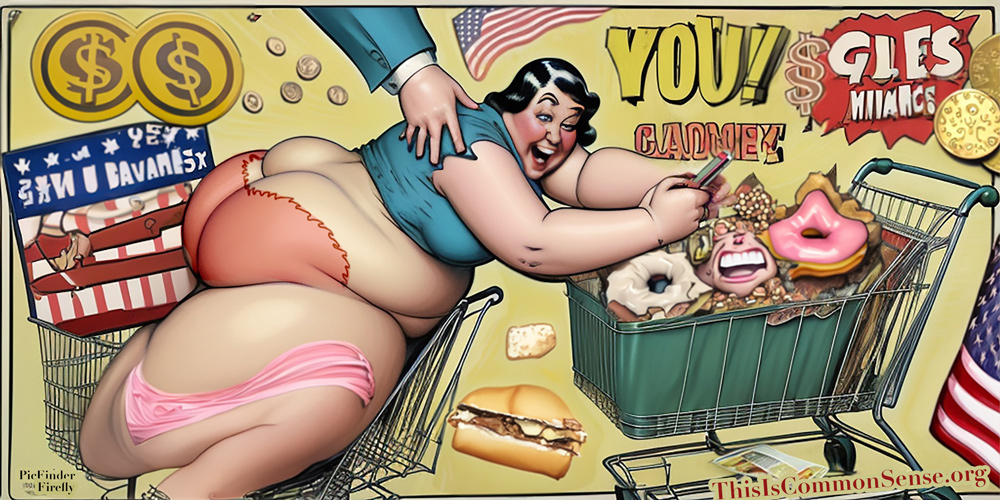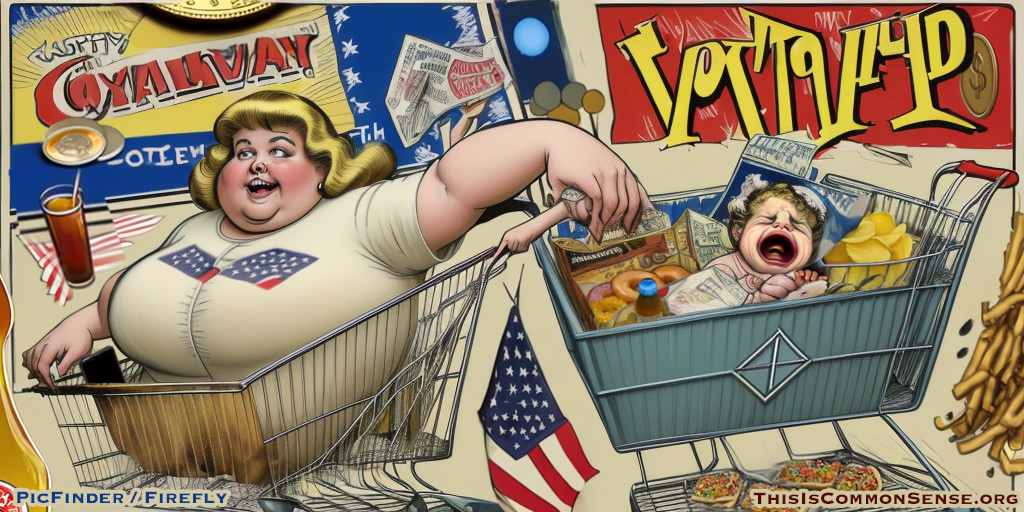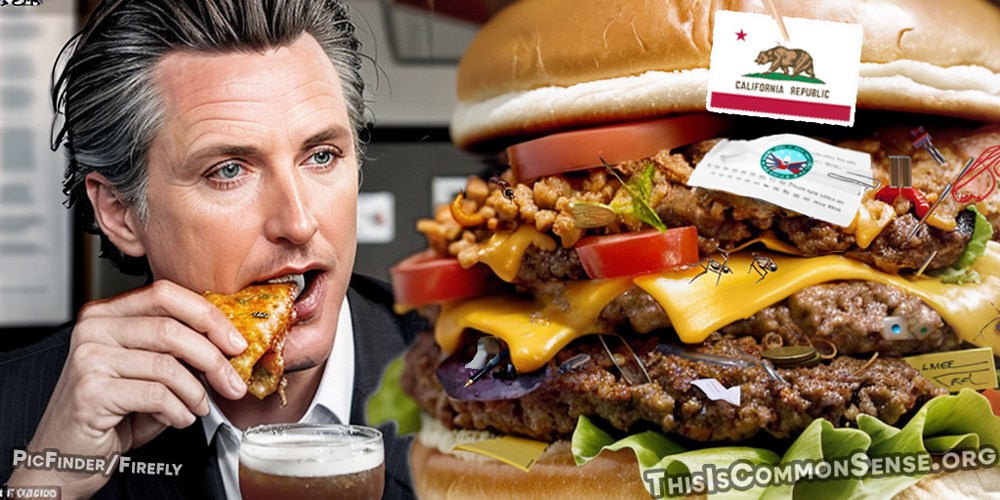Americans are getting sicker and fatter on government-approved, corporate-made foodstuffs, yet government continues to crack down on the sale of natural and home-made foods.
The classic case is raw, whole milk. I’ve talked about this before. The most recent case is from Amish country, where the State of Pennsylvania raided a farm “on suspicion of selling ‘illegal milk,’ among other products,” explains The Epoch Times, and the farm “is being sued by the Pennsylvania Office of the Attorney General and Pennsylvania Department of Agriculture.”
The Amish farm “has been ordered to halt all sales of its dairy products, inspiring widespread anger over what critics have called a blatant example of government overreach.”
At issue is government interference in farmers and customers freely choosing to skip the major grocery outlets multinational companies and dealing with each other on a local, free-market basis. “Capitalist acts between consenting adults,” as Robert Nozick put it.
But it’s especially galling when placed in the wider context of the FDA’s and USDA’s obvious failure to produce a healthier populace. Though the state’s attorney general insists that “we cannot ignore the illnesses and further potential harm posed by [the] distribution of these unregulated products,” the illnesses caused by what many call the Standard America Diet (SAD) go unnoticed and unregistered as such.
One standard for “the market,” another for the regulators.
Meanwhile, the State of Wisconsin is pushing a new bill to impose a $20,000 annual sales cap on participants in the state’s cottage food industry, “one of the most restrictive in the nation,” explains Suranjan Sen, an attorney at the Institute for Justice — a legal aid outfit often mentioned in these pages.
The very point of the law is to protect brick-and-mortar grocery and baked-goods stores — not the health of consumers. It has the backing of powerful lobbyists.
Looking for healthier foods and healthier economies? Don’t look to government.
This is Common Sense. I’m Paul Jacob.
Illustration created with Midjourney
—
See all recent commentary
(simplified and organized)
